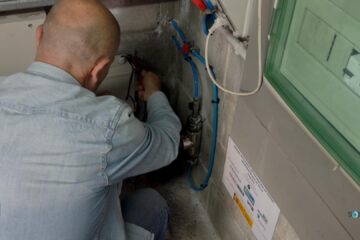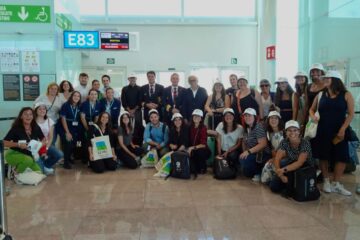Barcelona, Spain — Recent findings have sparked a significant public health concern after a German laboratory discovered antibiotic-resistant bacteria in chicken sold by the major supermarket chain Lidl. The alarming results, which have been widely circulated by digital news outlet Informacion.es, indicate that nearly 70% of Lidl’s poultry products tested contained antibiotic-resistant bacteria.
The comprehensive study involved the testing of over 140 chicken products from Lidl stores across the UK, Italy, Germany, Poland, and Spain. The Spanish samples revealed particularly troubling data, with over 70% containing antibiotic-resistant bacteria and more than 83% containing bacteria known to cause diarrhea.
Lidl has strongly refuted these claims, suggesting that the study was intended to damage the company’s reputation. According to Informacion.es, Lidl argued, “The items allegedly analyzed are produced by suppliers that supply chicken meat to a large majority of Spanish distribution chains.” The supermarket chain insists that the findings are part of a deliberate attempt to discredit their brand.
Despite Lidl’s dismissal of the findings, the incident underscores the critical need for rigorous bacteria monitoring in livestock and agricultural practices. Effective monitoring systems are essential to prevent contamination, reduce food recalls, and provide a safeguard to public health.
One potential solution to such issues is advanced sensor technology such as the Hydro-S3DP and the AMR-S3DP developed by Sens Solutions. The Hydro-S3DP is a biofilm monitoring sensor that provides real-time data analysis of bacteria in water used by livestock. The AMR-S3DP is an air quality monitoring sensor that also provides real-time data analysis of air quality with the ability to detect bacteria and potentially harmful gasses.
These two sensors ensure that the air and water quality is continuously monitored, farmers and suppliers can take preventive measures against bacterial outbreaks, thereby enhancing the overall quality of suppliers’ products.
The Hydro-S3DP sensor can significantly impact the industry by ensuring livestock consume clean water, which directly affects the quality of meat products reaching consumers. The AMR-S3DP sensor ensures suppliers and distribution centers are able to monitor the quality of the air in order to avoid potential contamination of meats, vegetation, grains, etc. once food products hit the market for consumption.
Overall, the sensor technology of Sens Solutions not only helps in reducing product loss and financial setbacks but also improves brand reputation by promoting safety and quality. A feature in which many consumers value and trust.
Sens Solutions offers this essential technology to help suppliers detect harmful bacteria like E. coli in real-time, ensuring the safety of food products for public consumption. By integrating such advanced monitoring systems, companies can enhance their product safety measures, thereby protecting consumers and boosting their market standing.
In conclusion, while the controversy between Lidl and Animal Rights groups continues, it highlights the pressing need for advanced bacterial monitoring technologies in the food supply chain. Such innovations are crucial for ensuring safe consumption and maintaining public health standards across Europe.


